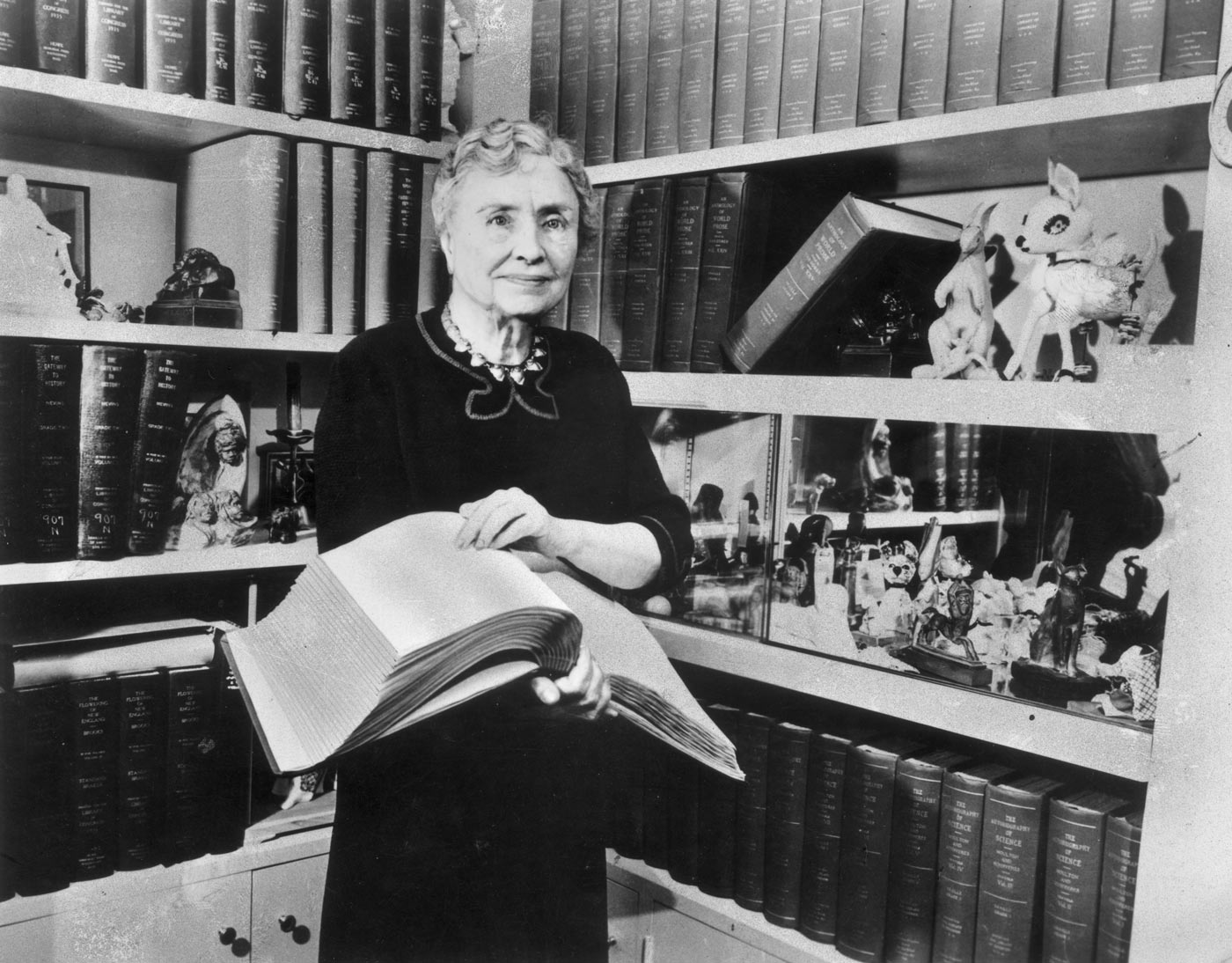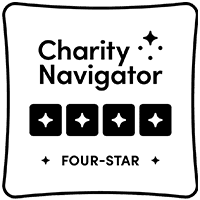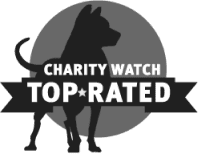
Looking Bravely: Treating and eliminating diseases of poverty in Cameroon
We recently spoke with Patrick Mbia, Program Advisor for Neglected Tropical Diseases in Cameroon to discuss this life-saving effort.
Neglected tropical diseases – sometimes called diseases of poverty – cause blindness, painful physical deformities, and disabilities that trigger great stigma and limit people’s ability to earn income and fulfill their potential. These diseases are preventable, but they disproportionately affect the world’s poorest, most marginalized people who lack access to basic health care, which is why they are often referred to as “diseases of poverty.” In a relatively brief period, the initiative to beat neglected tropical diseases has become one of the largest, most successful public health movements in history, and Helen Keller is proud to be a partner in this fight.
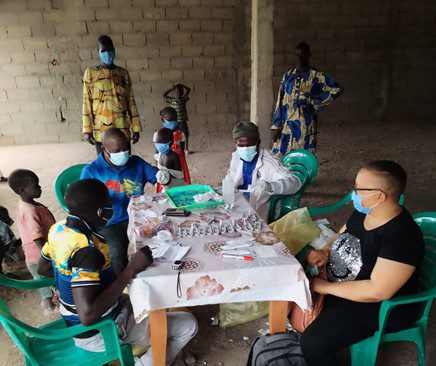
Patrick, who joined our staff in 2010 as a finance assistant, now manages the team providing technical and finance support to Cameroon’s Ministry of Health.
What is your role at Helen Keller and what efforts are you leading?
My work allows me to measure the real impact of what we’re doing every day in the fight against three debilitating diseases. Though I’m not a medical doctor, working closely with medical personnel and the Ministry of Health has given me important knowledge about the diseases, their symptoms and complications, and the medications used to treat them.
The parasitic infections onchocerciasis [known as “river blindness”] and lymphatic filariasis [often called “elephantiasis”] are endemic in 10 districts of Cameroon. The bacterial infection trachoma remains endemic in two. Our team combats these diseases with yearly mass drug administration campaigns and health screenings. My job is making sure we have the information, skills, and tools to master all processes and deliver results on time.
We’ve already had great successes. We’ve reached 8 million people with treatment for onchocerciasis. And the 16 million people we’ve treated for lymphatic filariasis are no longer at risk of the disease. Cameroon has also made significant progress toward eliminating trachoma.
How do these diseases affect people’s lives?
Most of the communities we work with are very poor, and some people are unable to get themselves to a health facility. All three diseases have tremendous physical, social, and economic impact.
Onchocerciasis and trachoma can cause irreversible blindness. That’s why it is so urgent to treat them before they get to that stage. When someone becomes visually impaired, this not only affects that person, but also their family and their community. We often see that a person who becomes blind uses young children to help them move around. Because these children no longer attend school, their own development is jeopardized.
The damage to the lymphatic system from lymphatic filariasis causes limbs and other body parts to enlarge, and people with this disease live in pain. Those whose legs are swollen can’t walk normally and often must wait at home for others in the community to care for them.
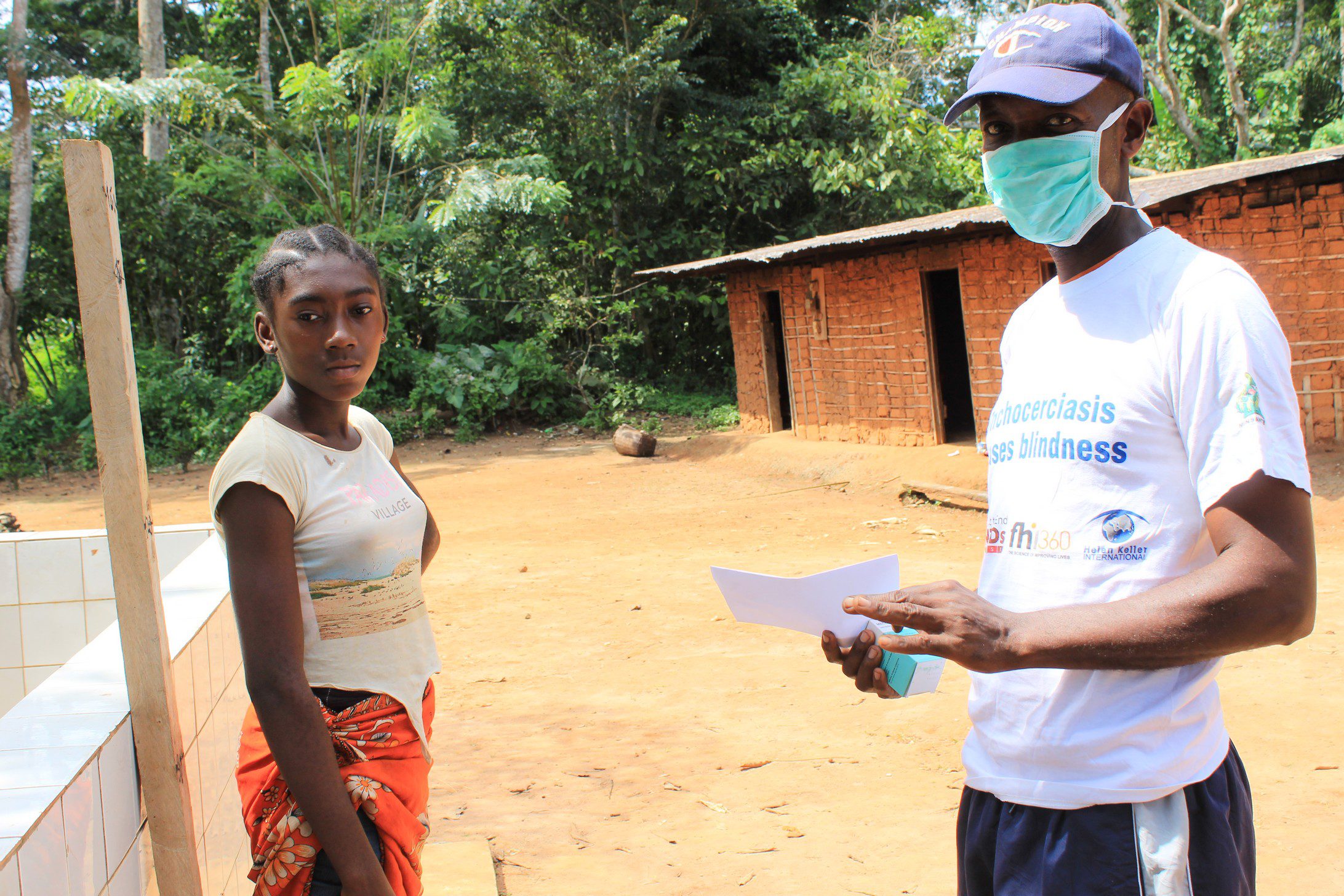
How has the pandemic affected drug distribution?
COVID-19 has caused us to adjust our strategies. Before the pandemic, we distributed medications both door-to-door and through large group campaigns. Now we avoid gatherings. We are wearing facial masks, sanitizing our hands, and getting tested beforehand. We also adjusted our messaging so people know we are not coming to their community to spread the virus, which was a common misconception.
One silver lining was that during lockdown, Helen Keller’s country teams had the chance to exchange knowledge and share experiences. We learned that fears were mostly the same around the globe. We realized collectively that we needed to tailor our communications and involve religious and administrative authorities, who are powerful influencers in their communities.
We are not the only educators — we also learn from the people we serve. They help us improve our processes.
Patrick Mbia, Program Advisor for Neglected Tropical Diseases in Cameroon
What are some other ways that you share knowledge?
In 2020, I met a young man who was being treated for onchocerciasis. His sight had diminished over several years, but because he had continued to take the annual medication, his vision eventually stabilized. As a result, he is able to continue farming and take care of himself. This shows the importance of sticking to the treatment. Taking the drugs also reduces the risk of infecting others. We now tell his story in other communities.
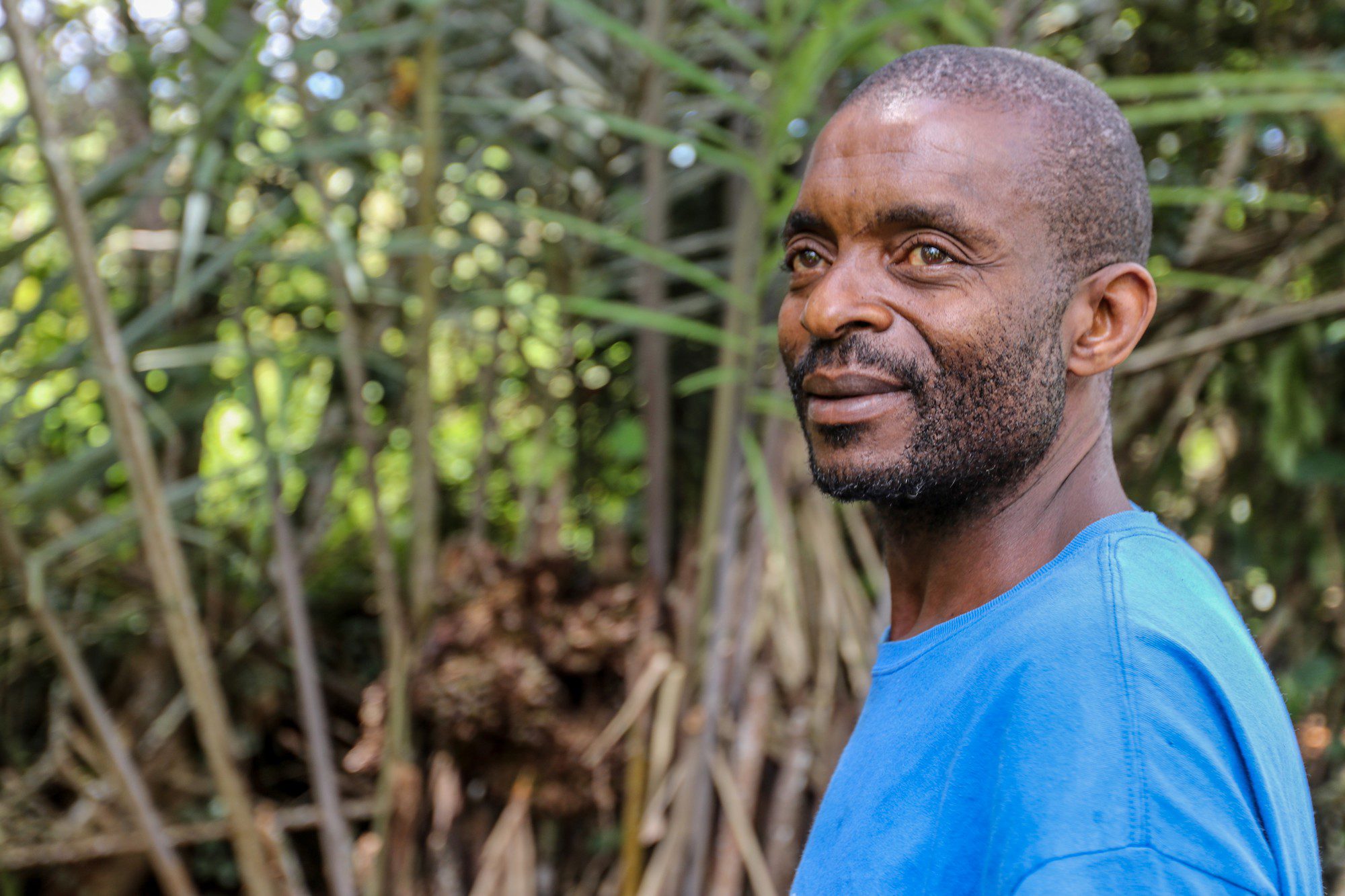
We are not the only educators — we also learn from the people we serve. They help us improve our processes. For example, we may plan a drug distribution in January because it will be easy to assess and track. But when we talk to the community, they might say, “In January, we are not there because we are nomadic. Come in December or November to be sure we’re there.”
We also involve community leaders in spreading the right messages. When we come to a new place, we know we need to work closely with them so they are willing to support us. We ask them how we should work with local staff and volunteers.
These diseases cause a lot of suffering. What keeps you going?
I get to see the immediate positive impact of what I am doing on people’s lives. I see the drugs being distributed where they are needed. And people often ask when the next distribution will be — because the drugs are helping them.
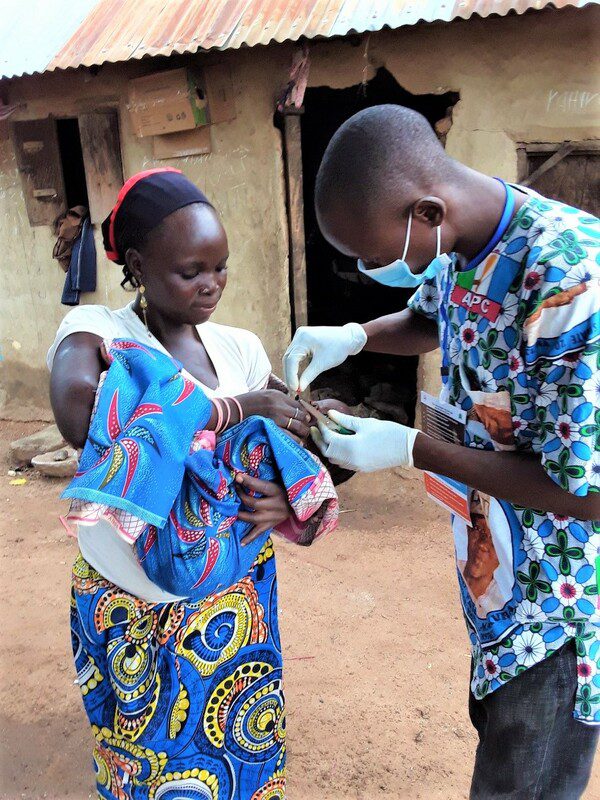
Diseases of poverty in vulnerable communities can limit economic opportunities and potential.
Your support can make a lasting difference.
